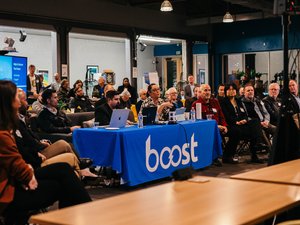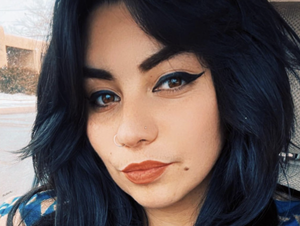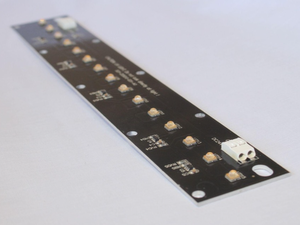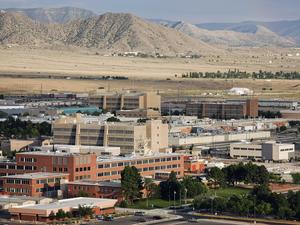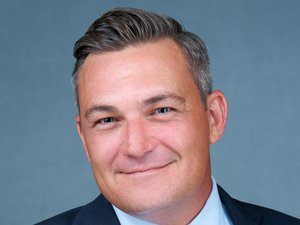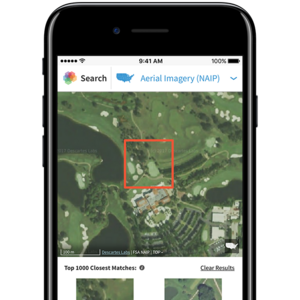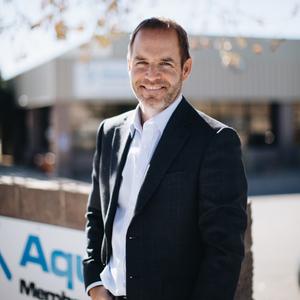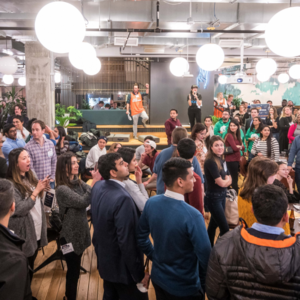Running a marathon is hard. Running a marathon while working a full-time job is even more challenging. Running a marathon while working a full-time job as a Type 1 diabetic is tougher still. Qualifying for the U.S. Olympic Team Trials in the marathon, while working a full-time job at a national laboratory and managing life as a Type 1 diabetic — the odds must be miniscule.
Don't tell that to Sofie Schunk.
On Feb. 3 in Orlando, Florida, Schunk will line up with dozens of other marathoners in a race to make the U.S. Olympic Team. She landed her spot on the starting line by running the California International Marathon, held Dec. 3 in Sacramento, in a time of two hours, 36 minutes and 33 seconds — 27 seconds under the qualifying cutoff time of two hours and 37 minutes.
Schunk traveled to Sacramento, and plans to travel to Orlando, from her home in Albuquerque, where she currently lives while working as a systems engineer at Sandia National Laboratories. It's also where she's from: she ran track and field and played soccer at La Cueva High School before journeying across the country to study at Milwaukee, Wisconsin's Marquette University, where she completed both her bachelor's degree and Master of Science in biomedical engineering.
Those studies transitioned into a job with Dexcom Inc., a biomedical devices company based in San Diego, where she started in 2016. Founded in 1999, the company (NASDAQ: DXCM) manufactures four diabetes-focused products, per its website, and currently employs around 8,000 people.
Schunk said, although she's left Dexcom, she still wears the company's glucose monitoring device. After close to four years with Dexcom, she returned to Albuquerque to take a job at Sandia Labs in October 2019, where she currently works as a senior systems engineer.
Running was a part of Schunk's life from an early age, but her Type 1 diabetes diagnosis made soccer easier to manage — especially goalkeeping, she said. In graduate school at Marquette Schunk joined a running club which, after competing in some triathlons and other races, led to her first marathon.
John Klika, a fellow Type 1 diabetic and faculty member at Marquette University whom Schunk met in Milwaukee, helped her manage diabetes at longer distances and encouraged her to run that first marathon. She ran it in under three hours — a big milestone for aspiring long-distance athletes.
More races followed, both marathon length and shorter, including the Boston Marathon in 2017 and, in 2023, the McKirdy Micro Marathon — a race held at Rockland State Park in New York organized for professional marathoners chasing fast finishing times. Andrea McArdle, a longer distance athlete who runs an organization called Running With Confidence, trained Schunk for McKirdy; Jesse Armijo, a member of Albuquerque's Dukes Track Club and two-hour and 18-minute marathoner, coached her through the California International Marathon.
Schunk is now preparing for the biggest race of her life. New Mexico Inno caught up with the Sandian marathoner ahead of the trials to hear more about how she balances diabetes monitoring, national laboratory work and marathon training, and what she's most excited for come Feb. 3 in Orlando.
This interview was edited for brevity and clarity.
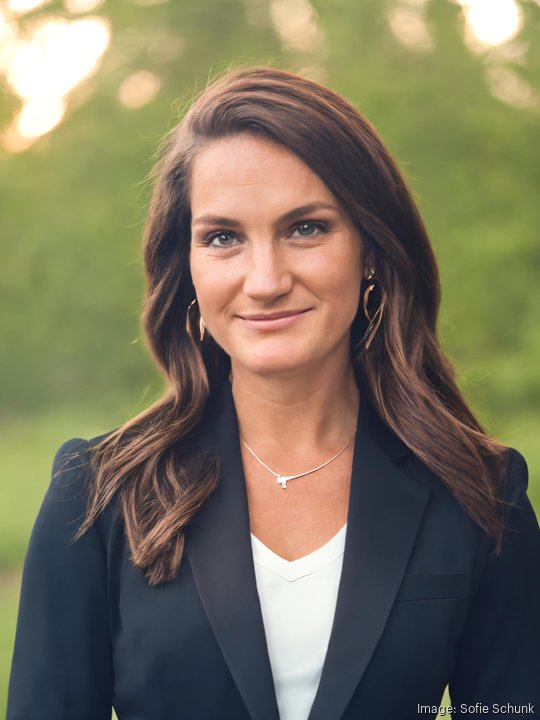
New Mexico Inno: What have you found to be the most important part of managing being a Type 1 diabetic and also doing this type of high-level endurance performance activity? What have you learned in managing those two things?
Sofie Schunk: The technology has come such a long way and it's helped a ton. That being said, diabetes is a lot of trial and error. The management techniques you're using can work really well for a few months and then life comes by and stress and everything causes you to change your routine. And when you're first diagnosed you still are producing some insulin, but that slowly dies off over time, so you have to keep adjusting.
I think my biggest learning lesson is to just be patient and document everything. Figure out when to pair proteins and fats with carbs to slow down the absorption of the carbs, like cycling my carb intake based on heavy training days and lighter training days.
I got an approval to use insulin for competitions, so I actually had insulin on board at [the California International Marathon], and it allowed me to be able to feel and actually get the carbs I was taking in into my muscles. So, just figuring out that routine and practicing.
And the diabetes community — I help with a nonprofit, Diabetes Sports Project — they have been a huge help to me in teaching me things that other athletes have used throughout competition.
You mentioned Dexcom had more of a startup atmosphere to now Sandia, which has a different atmosphere. Why did you want to take that jump and what have you learned in the experience of going from a startup-type environment into a national laboratory environment?
Dexcom was a really exciting first job for me. It seemed like a dream job on paper. I realized quickly I was working a ton, overworking, not learning as much as I think I needed to to advance my career — it was more just like putting out fires all the time. As a Type 1 I saw the needs in the product, and trying to propose those and not always getting listened to is frustrating. But that's just the nature of startups and for-profit companies.
I realized I needed a career growth change, just to put some more structure to my career, learn different types of things. I really wanted to go into leadership and management. I found an opportunity at Sandia that kind of gave me the best of all worlds.
It has its own challenges and a culture change at the labs, but when I moved into it it taught me a ton about proper engineering and systems engineering and building a product from the ground-up — and how you can be innovative and decrease that cycle time and be able to influence it from my past experience.
What do you see as the next step in your career? Do you want to be a lifelong Sandian or do you see yourself moving to do something else?
I still have growth to do at Sandia, and I'm on a new team as of like six months ago, so just getting that team up and running and learning soft skills for managing a software team — which isn't my background — has given me a new appreciation for different types of teams.
I still see myself growing and learning more management and looking at people management. I do miss the health care sector a bit, and biomed, so if I can somehow find a way to have the best of both worlds, I think that's ideal. But right now I enjoy what I'm doing.
Qualifying for the Olympic Trials in the marathon is wildly impressive and takes a massive amount of training and commitment that might be tough to balance with a full-time job, especially one at a national laboratory. How have you found that balance? What have you learned in training for the marathon and also working full time at Sandia?
I actually think, for myself, being busy and having structure in my day to day is good for both. I have to consciously think about when I'm going to train and be intentional with my job and the time I'm working, and just being open and honest with my co-workers, my friends, my family, that this is the season for training. I can't say yes all the time, which is something I'm not good at.
But also being honest in my scheduling. As much as I love to get out the door and run by 5:30 or 6 every morning, it just doesn't always happen. So engraining that flexibility that sometimes mornings are meant for working, and then there's a break and I'm going to get my workout done but be available when I need to be. Having management that understands, and a team that understands, and they're in on your goals with you, helps a ton.
What are you most excited about going into the Olympic Trials? Just to race and compete against the best in the nation. There are going to be some amazing athletes out there, so just seeing what I can do. I still have more potential, but getting here was a huge — I don't want to say relief, but it was like, 'Wow, OK, you can compete at that level.' Now it's just enjoying it and racing.
